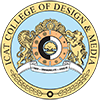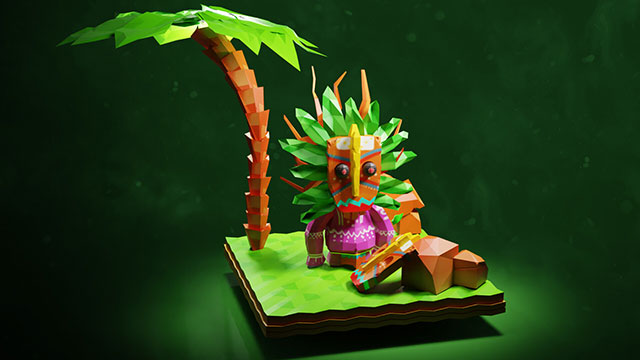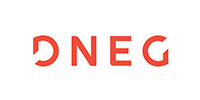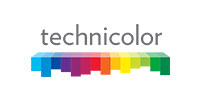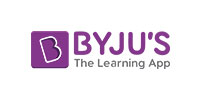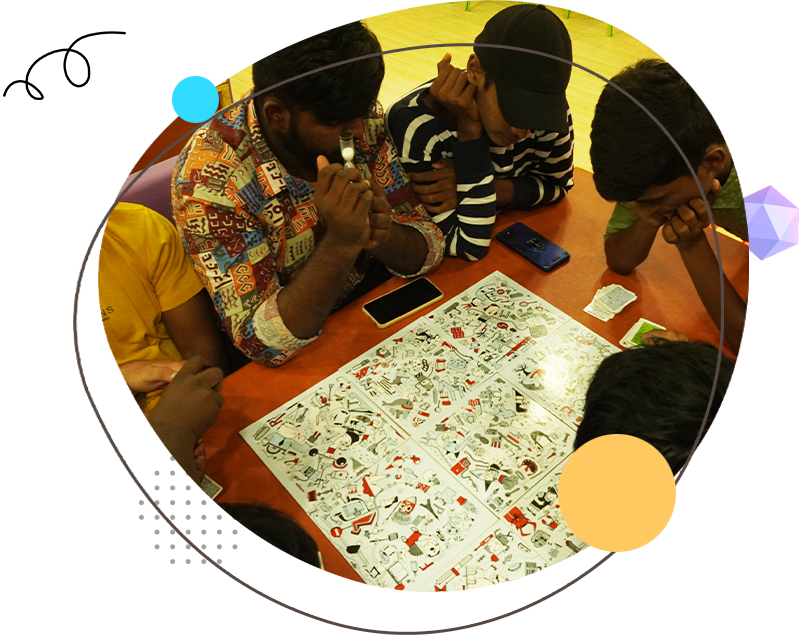
Course Overview
Join the Job-Assured Program in Game Technology
The M.Sc. Game Technology program at ICAT is a 2 -year, full-time program that provides you all-round knowledge and intense practice in every facet of the game industry. The program makes you an able professional ready to take up a career in Game Designing, Game Development, Game Programming, and in various Design related companies.
The program encourages students to build 2D and 3D visual game arts that follows the vision of any game concept, such as concept art, sprites, textures, environmental backdrops or terrain images, user interface, models, animations, 3D environments, and cinematics. Besides, the program equips our students to invent new game concepts, design the gameplay, and work on game development tools to create workable games.

Why Game Technology?
Get, Set to Grab Numerous Careers of Passion
With hundreds of games developed in India for the International market, India is fast becoming a hub for game development catering to markets like US, China, Japan, and Europe. Also, affordable Internet connectivity, smartphone penetration, the power of data, better economics for gaming companies, and the emergence of e-Sports augments the growth of Indian gaming industry. With all this, the Indian gaming market is forecasted to grow more than threefold in terms of revenue to reach the billion-dollar landmark or even surpass it by 2021.
While the gaming industry witnesses such a rapid growth, there are numerous opportunities opening up every year for skilled game professionals with finest skills to handle traditional and futuristic technology. It’s now your right time to build a career in your passionate gaming industry.
Curriculum
The Learning Curve
Dear Student,Get Admission / Fees Details
* Required Fields
Skills to Build
Skills to Seek as a Game Technology Professional
-

Game Design: Research, Conceptualization
-

Game Art: Visualization, Traditional Art Mediums
-

Digital Tools: Photoshop, Illustrator, Maya, Z brush, Substance Painter
-

Scripting / Programming Languages : C#, Java
-

Game Engines: Unity & Unreal
Teaching Methodology
Learning Beyond the Walls
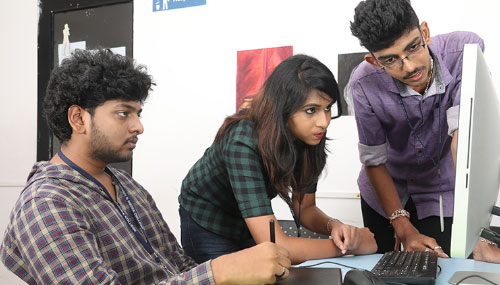
Learn through Self Exploration
The systematic way of research, analysis, and reporting of any topic related to each module increases the knowledge stack of the students.
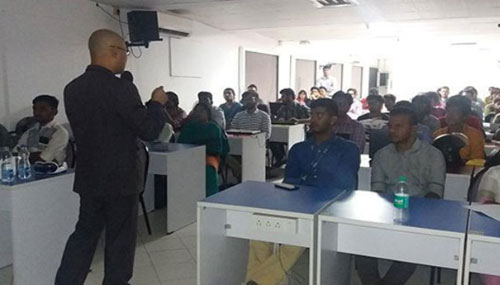
Learn the Techniques from Professionals
Professionals from reputed organizations associated with ICAT share their knowledge, skills and industrial processes with our students through seminars, workshops, and interactive sessions.
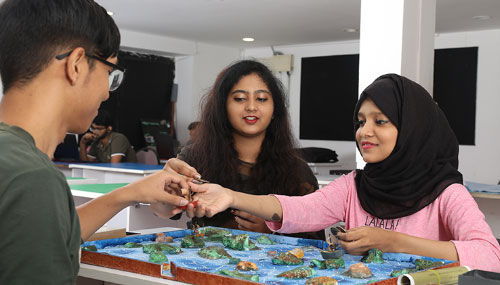
Brainstorm with Peers
Sharing ideas with like-minded people set the spark in you to a fire. We encourage our students to involve in group discussions with peers, in a guided environment that helps students learn to give a concrete shape to their ideas.
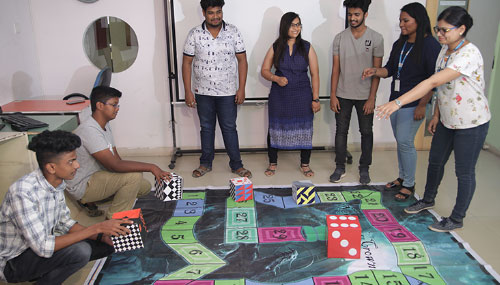
Inspire from What’s Around
Students constantly experience fresh inputs that trigger their creativity. They are taken outdoors for field research and artistic inspiration.
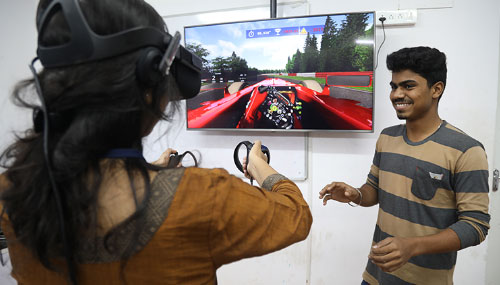
Watch the Industry Process Live
Industrial visits to game studios and related companies give the students the clarity on what exactly happens in the industry and what will be expected from them.
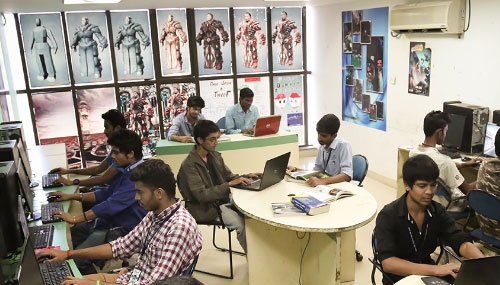
Get the Cutting-Edge from Feedbacks
The students of Game Design and Development showcase their works to general audience and to professionals to get their feedback. This helps the students to understand the expectations of the target audience and the industry, and groom accordingly.
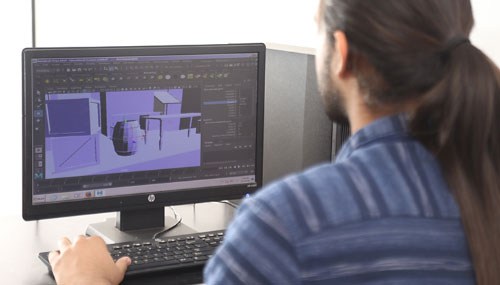
Probe the Techniques through Project Works
Individual projects help students decide on, discuss, and implement their ideas. This enables them to identify and take forward their specialist area of interest, and to organise their efforts in achieving the set goal.
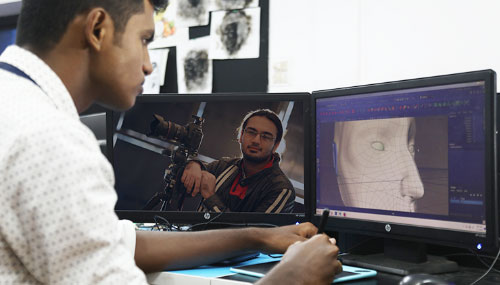
Get the Professional Touch from Reputed Companies
The curriculum at ICAT insists students to take up an internship in any related organization to get a clear and early insight of the industry, and build confidence to take up a career.
Student Awards
Rise and Shine
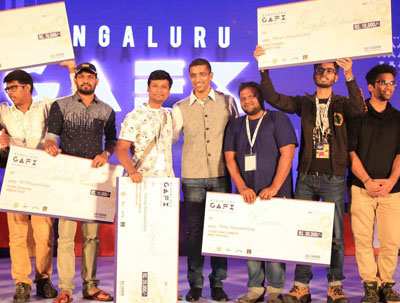
ICAT Student Won First PrizeGAFX CONFERENCE |
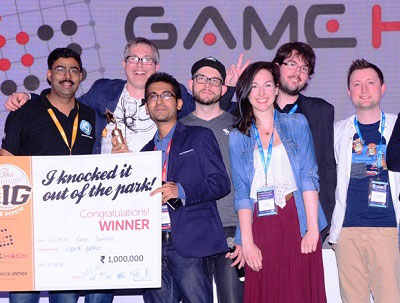
ICAT Alumni Wins a MillionPocket Gamer Connects |
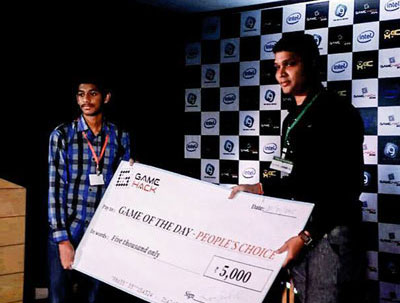
ICAT Student Won 2nd prize - ‘Black Hole’Gamehack |
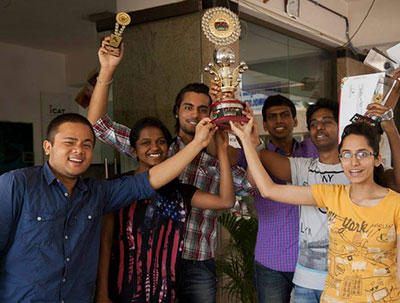
ICAT Students Won Runner-up AwardLa Fete Cultural Fest |
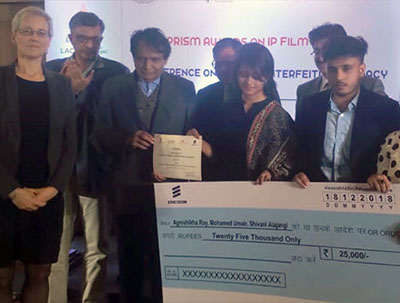
ICAT Student Won Runner-upIPGAF Competition |
Learning Facilities
Practical Learning

Learn by Doing – Right from the Basics
Explore the possibilities of your imagination and probe into the world of coding through best-in-class facilities at all the campuses of ICAT.

Experiment Ideas with Industry-Standard Machines
The students are given the perfect environment to experiment their ideas and understand the nuances of digital tools at the IT labs and with student laptops that are loaded with all the necessary industry-standard software

Play and Learn
The Gaming Lounge in the campuses comes as a unique feature for the game students to experience the gameplay of games of different genres.

Practice the Art
The game students have access to Art and Design Studios to seek first-hand experience on design.

The Knowledge Repository
Right from history of games to game building with latest technology, the students have access to all game building information through 100s of books and magazines. This helps them research beyond the class lectures and gain immense knowledge of the industry and current trends.

Common to All Departments
In addition to the specific facilities for each department, the campuses of ICAT College are loaded with spacious classrooms, common library with essential readings, locker facilities for students, air-conditioned halls, personal tutoring space, common working zone, students’ lounge, and so on
Student Testimonial
Our Students Say
Alumni Success
Shining Stars
-
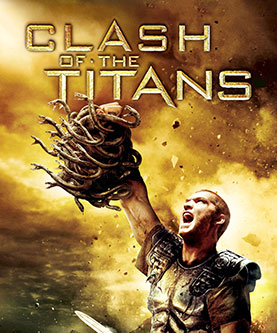
 Rajakanna
Rajakanna -
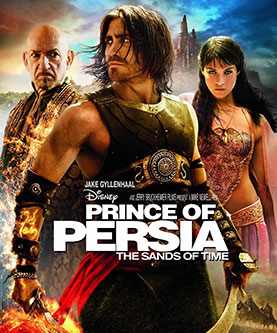
 Somasundaram
Somasundaram -
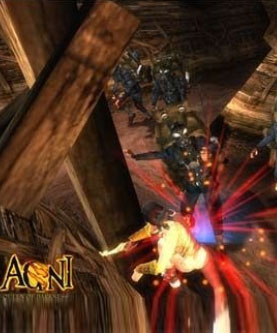
 Santosh Arya
Santosh Arya -
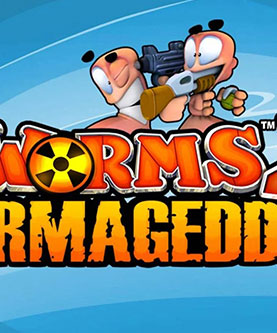
 Shukla Jayant Triveni
Shukla Jayant Triveni -
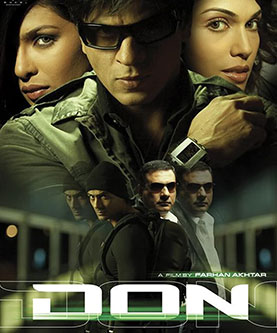
 Devrishi
Devrishi
Career Opportunities
Get Placed as a...
With an exclusive Placement Cell that holds a record of 100% placement, till date, we assure best jobs for every student who have gathered their skills and are ready to take up challenges of the industry.
As M.Sc. Game Technology post graduates, the students can seek opportunities in well-known companies like TCS, Ubisoft, Sony, Rockstar Games, Technicolor, Electronic Arts, TechTree, etc similar to the alumni of ICAT. Also as the alumni, they can seek overseas career in firms like Magic Leap. The students can take up a role as:
 Concept Artist
Concept Artist Game Designer
Game Designer 3D Low Polygon Modeler
3D Low Polygon Modeler Texture Artist
Texture Artist Game Artist
Game Artist
 Environment Artist
Environment Artist Effects Animator
Effects Animator Character Animator
Character Animator Level Designer
Level Designer Game Play Programmer
Game Play Programmer
Why Choose ICAT
Only at ICAT
The focus the program gives towards futuristic technologies and the global knowledge that veterans in our knowledge brigade brings help students stand apart as best in the industry.
Above these, the opportunity to work on Dissertations, create Portfolio, and take up Internship with renowned companies gives the sheer confidence and a cutting edge as an animation professional.
 100% placement
100% placement world-class curriculum
world-class curriculum Degree certified by eminent university
Degree certified by eminent university Highly equipped labs
Highly equipped labs frequent sessions from industry professionals
frequent sessions from industry professionals showcase events give the best learning experience
showcase events give the best learning experience
Top Placements
Meet Our Shining Stars
Top Recruiters
We Collaborate with 500+ Leading companies

Application Process
Become an ICATian
Step 1 : Fill the application form
Apply by Filling Application form.
Step 2 : Interview Process
Go through a direct communication with the Admission Team
Step 3 : Join ICAT
An offer letter will be send. Secure your seat by paying the admission fee.
International Professionals
Learn from the Veterans’ Perspective
The curriculum and teaching strategies at ICAT is never an instant thought. They are all an outcome of research and brainstorming of ideas from renowned professionals in the field. The knowledge brigade that guides us through the curriculum delivery of M.Sc. Game Technology includes:
| Name | Designation | Company |
|---|---|---|
| ERNEST ADAMS | Game Design Consultant | Trainer and Author of several best-selling books in the Gaming industry |
| Prof. WILLIAM CAMPBELL | Associate Professor | School of Computing, Mathematics & Digital Technology, Birmingham City University, UK |
| Prof. ANDREW WILSON | Program Leader | Computer Games Technology, Birmingham City University, UK |
Indian Professionals
| Name | Designation | Company |
|---|---|---|
| SENTHIL MURUGAN | Technical Lead | Wipro Technologies |
| SHARAT CHANDRA AITHAL | Game Developer | Worked on SmackDownVs Raw 2009 (PSP), Metro 2033 (PC), Darksiders (PC), Marvel Superhero Squad (X360), Homefront (Ps3) |
| SUJATHA NAGARAJAN | Game Programmer | Graxal Games |
| SOMASUNDARA PANDIAN.V | 3D Programmer & Researcher | Bumo3dr |
| CHELLADURAI N | Gameplay Programmer | Friends Learn |
| ELAM PARITHI ARUL | Mobile Developer | CompuSystems |
| ISHKARAN SINGH | Game Programmer | Ubisoft |
| NEELANCHALA | Mobile Game Developer | Hungama.Com |
| VRUSHKETAN | Game Designer | Digital Chocolate |
| NEERAJ KUMAR | Game Programmer | |
| BHOOPALAN | UX Specialist | |
| SRIKANTH JNSV | Unity Game Programmer | |
| Rupesh Mandke | Graphics Engineer | Root 16 Interactive Pvt. Ltd. |
| Senthil Kumar | Founder & Game Designer | Madiee Board Games |
| Raghu | Game Artist | Quenero |
| Saravanan | Game Artist | Quenero |
Campus Location
Study at Any of Our 3 State-of-the-Art Campuses
-
Chennai
153, Santhome High Road, Mylapore, Chennai - 600 004.
044 - 4293 4293, +91 - 95001 28555

-
Bangalore
424, Bommanahalli, Hosur Main Road, Bangalore - 560 068.
080 - 4110 7755, +91 - 96111 73607

-
Hyderabad
H.NO.3-1-30, S.Y.No:34/2 and 35, Bahadurguda, Saroornagar, L.B.Nagar, R.R.District, Hyderabad - 500 074
040 - 2447 7755, +91 - 75694 34552

FAQ
Still need anything to know?
This is the first item's accordion body. It is shown by default, until the collapse plugin adds the appropriate classes that we use to style each element. These classes control the overall appearance, as well as the showing and hiding via CSS transitions. You can modify any of this with custom CSS or overriding our default variables. It's also worth noting that just about any HTML can go within the .accordion-body, though the transition does limit overflow.
This is the second item's accordion body. It is hidden by default, until the collapse plugin adds the appropriate classes that we use to style each element. These classes control the overall appearance, as well as the showing and hiding via CSS transitions. You can modify any of this with custom CSS or overriding our default variables. It's also worth noting that just about any HTML can go within the .accordion-body, though the transition does limit overflow.
This is the third item's accordion body. It is hidden by default, until the collapse plugin adds the appropriate classes that we use to style each element. These classes control the overall appearance, as well as the showing and hiding via CSS transitions. You can modify any of this with custom CSS or overriding our default variables. It's also worth noting that just about any HTML can go within the .accordion-body, though the transition does limit overflow.
